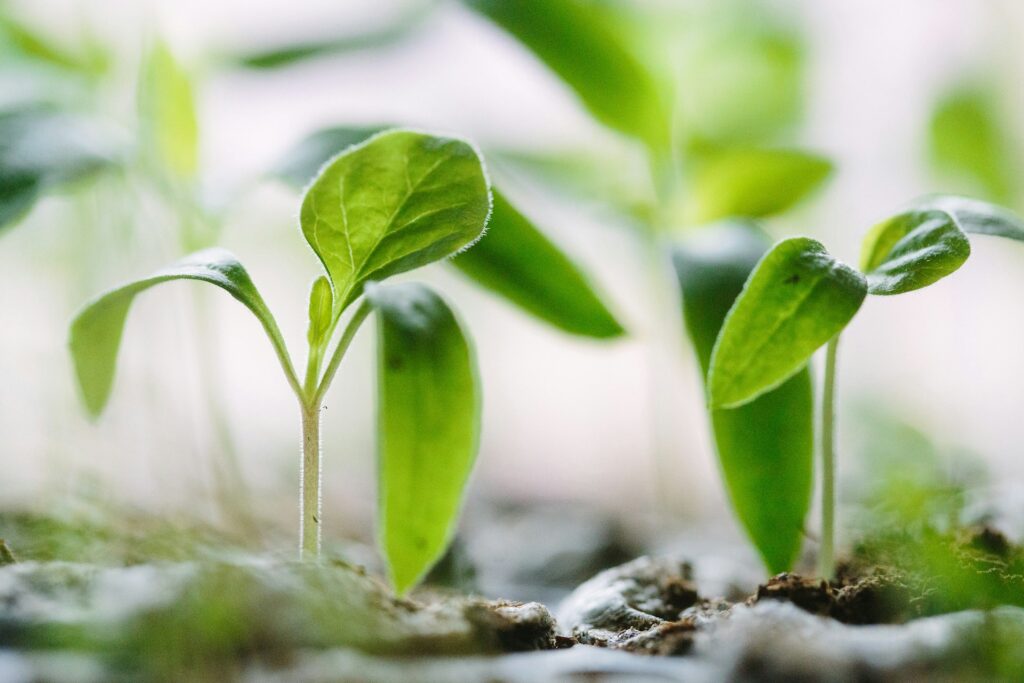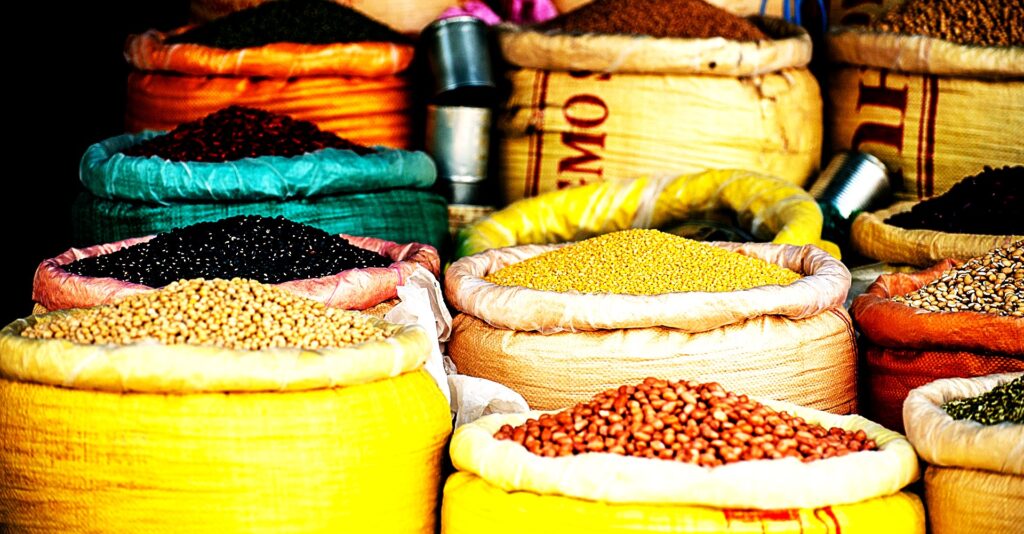A swelling global population and the vagaries of climate change have left humanity scrambling for solutions for looming food insecurity.
Realizing just how crucial it is to maximize the production of food staples, Israeli agritech company SaliCrop developed a way to protect seeds from adverse environmental factors, known as abiotic stresses, making it possible to grow crops successfully in even the toughest of conditions.
These yield-reducing stresses include extremes of heat, light and soil salinity, all hallmarks of perilous shifts in weather and climate patterns.
One of the main challenges tackled by the SaliCrop solution is salinity in soil, which is triggered by rising sea levels and increased evaporation due to higher temperatures, and is one of the greatest threats to crop production worldwide.
According to the United Nations’ Food and Agriculture Organization (FAO), salinization triggered by climate change is set to impact half of all arable land on the planet by 2050.
What is more, the organization warns, the worst hit by this phenomenon will be people in developing countries, in particular the poorest farmers, most of whom are women.

SaliCrop’s solution trains seeds to preemptively defend themselves from abiotic stresses, in particular salinity. This means that the seeds are either pre-prepared to resist the challenges posed by these stresses when they are placed in the ground or to completely disregard them altogether.
“[SaliCrop] is unique in the sense that we’re actually harnessing the natural mechanism responsible for [responding to] the abiotic stressors,” the company’s CEO Carmit Oron tells NoCamels.
“You’re making the seeds aware that there’s going to be stress in the field,” she explains. “We give the seeds a kind of command to operate some of its systems and to shut down some of the other systems to be able to cope with the stress.”
Oron says that the process is not connected to genetic modification at all. Indeed, SaliCrop calls the process “a gentle nudge” of the seeds that not only boosts their resilience but also increases their fertility.
“Under SaliCrop’s treatment, plants not only thrive in poor quality, highly saline soil through enhanced nutrient absorption and improved root structures, but they also exhibit increased vigor and superior germination rates,” said Oron.
“This innovation turns marginal lands, previously considered barren, into fertile grounds capable of abundant food production. As climate change intensifies, farmers globally are in urgent need of sustainable solutions to adapt and succeed,” she said.
SaliCrop’s joint founders – Dr. Ṛcā Godbole, a plant biologist from Mumbai who today is the company’s chief scientific officer, and chairman and agricultural engineering expert Dr. Sharon Devir of Israel – spent eight years developing the technology. They were inspired by too-salty soil in Mumbai and the desire to support farmers worldwide who are faced with declining yields due to salinity.
The SaliCrop solution, explains Oron, works at the most crucial time for seed growth, namely the first 60 days. It can also boost a crop’s yield by up to 25 percent, depending on the strain, although the average increase is around 10 percent.
Sign up for our free weekly newsletter
Subscribe“It depends on the crop, on the region and on the stress, of course,” she says, adding that one can regard it as a harvest whose yield has been boosted, or as a harvest whose losses due to abiotic stresses have been mitigated.

And according to Oron, while other companies have used gene modification to improve yields and make seeds more resistant, SaliCrop is the only one to do so using natural mechanisms and is one of the very few to focus on a solution for soil salinity.
The treatment has been in use in Israeli tomato fields since 2021, working with the country’s largest crop producers. Oron says the results have been more than promising, with an average yield increase of 10 percent across the board. She points out, however, that last year one strain of tomatoes even saw 23-percent growth in its yield.
The company is now working with farmers in multiple locations around the world, including India, Portugal, Senegal, Spain, Turkey and Ukraine.
In Europe, Oron points out, most agriculturalists are more concerned with heat stress than salinity, another issue that SaliCorp addresses with its seed solution.
In fact, for the past two years SaliCrop has been in use in tomato fields in Spain, where a leading European think tank warns that climate change has already led to desertification of 20 percent of the country’s mainland – and more than half of the rest is at risk.

In most of the countries where it is used, Oron says the results have been impressive.
“We’ve seen increases in yield in the double digits,” she says. “In India, at least a 15-percent increase, in Turkey, we’ve seen 19 percent and in Senegal 21 percent.”
All the data, Oron maintains, comes from SaliCrop’s farming partners and not from the company itself.
Aside from tomato, SaliCrop has been developing solutions for some 15 crops, including pepper, onion, broccoli, rice and alfalfa. But according to Oron, the company ultimately decided to focus on high-value crops, which fetch a better price at market. These are primarily grown in the open fields that account for 97 percent of the world’s crops.
Established in 2013, the Kfar Vitkin-based company has had grants from the Israel Innovation Authority, the Israeli Economy Ministry and the European Union’s now defunct Horizon 2020 R&D program.
These subsidies, says Oron, are lifeblood to organizations trying to solve momentous issues triggered by the changing world climate.
“We understand the support of governments and grants are important for companies like us to continue and survive,” she says. “Because we bring a very important solution to the very urgent need of producing more food.”
Related posts

Harnessing Our Own Bodies For Side Effect-Free Weight Loss

Israeli Device Is New, Drug-Free Solution For Men Coping With ED





Facebook comments